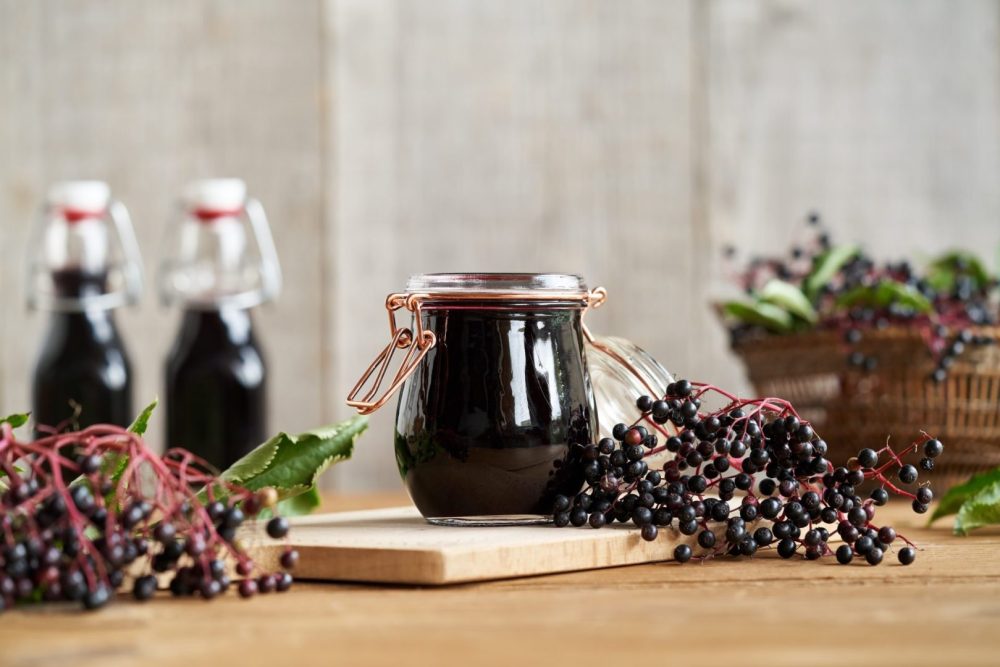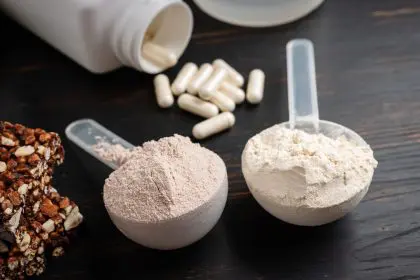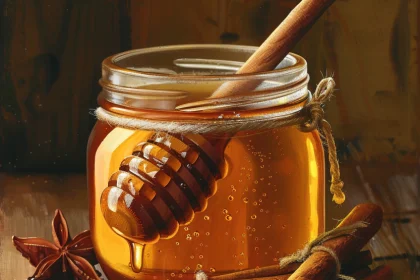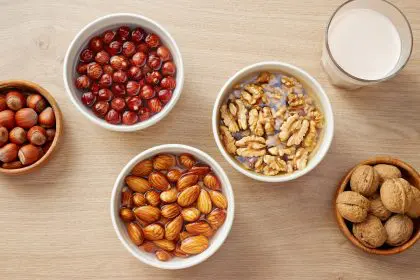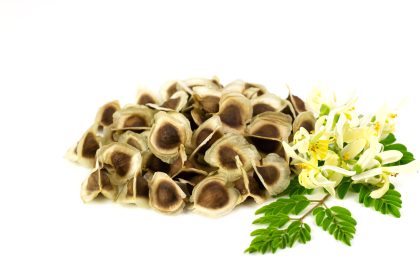Feeling under the weather? Before you reach for that over-the-counter medicine, there’s a purple powerhouse that might help kick your cold to the curb faster. Elderberry, a fruit that’s been used in folk medicine for centuries, is making waves in the scientific community for its potential to fight off those nasty cold and flu symptoms.
The cold hard facts about flu season
Let’s face it, nobody has time to be sick. Yet here in the United States, adults typically catch two to three colds every year, while kids often get hit even more frequently. Add to that the sobering statistic that up to 20% of Americans come down with the flu annually, and you’ve got a recipe for some serious sick days. But what if there was a natural way to potentially cut down on those miserable symptoms?
What makes elderberry special
Picture this, a dark purple berry growing on trees across Europe, North America, North Africa, and Western Asia. This isn’t just any berry, it’s the European or Black elder, and it’s been helping people breathe easier for generations. What makes it truly fascinating is its rich history in traditional medicine, where it’s been the go-to remedy for respiratory issues long before modern medicine came along.
The science behind the berry
Here’s where things get interesting. While scientists are still debating exactly how powerful elderberry is, some studies have shown promising results. One particularly eye-opening research project followed a group of travelers taking elderberry supplements. Those lucky enough to get the real deal instead of a placebo reported feeling better in about four days, while their unfortunate counterparts suffered for a full week.
But before you run out to stock up, there’s a catch. Many of these early adopters were also taking other medications, which might have helped speed up their recovery. Another study focusing specifically on people with confirmed flu cases didn’t find the same dramatic results, suggesting we need more research to fully understand this berry’s potential.
What elderberry might do for you
Based on current research, elderberry shows promise in several areas when taken early in your illness. Scientists have noticed it might help bring down fevers, ease those pounding headaches, clear up stuffy noses, and reduce that annoying runny nose we all hate. However, if you’re hoping it will stop your cough, you might need to look elsewhere, as studies haven’t shown much impact on coughing.
The right way to use elderberry
Now, here’s something crucial you need to know. While elderberry supplements are generally considered safe, you absolutely cannot eat raw elderberries or unripe ones. These contain substances that can produce cyanide in your body, leading to some seriously unpleasant symptoms like nausea, vomiting, and diarrhea. This is why it’s essential to stick to properly prepared supplements, which come in various forms including liquids, capsules, lozenges, teas, and gummies.
Finding your perfect dose
When it comes to dosage, there’s no one-size-fits-all recommendation. However, many studies have found success with about 500 milligrams daily for up to six months. But here’s the golden rule: always chat with your healthcare provider before starting any new supplement, especially if you’re pregnant or nursing. They can help you figure out the right amount for your specific situation.
Staying healthy during flu season
While elderberry might be a helpful ally in fighting off colds and flu, it’s just one piece of the wellness puzzle. The real key to staying healthy during flu season is taking a comprehensive approach. This means getting your annual flu shot, prioritizing rest and hydration, and keeping those hands squeaky clean with frequent washing.
Making the most of elderberry
If you’re thinking about giving elderberry a try, timing is everything. The studies showing the most promise found that taking elderberry within the first 48 hours of feeling sick made the biggest difference. Think of it like calling for backup at the first sign of battle, rather than waiting until you’re already knee-deep in tissues.
And while you’re at it, make sure you’re getting your elderberry from a reputable source. The supplement industry isn’t as tightly regulated as pharmaceuticals, so it’s worth doing your homework to ensure you’re getting a quality product.
What this means for your winter wellness plan
While elderberry isn’t a magical cure-all, it might be worth adding to your cold and flu-fighting arsenal. Just remember that it works best as part of a broader health strategy. Think of it as one tool in your wellness toolkit, alongside other proven practices like getting enough sleep, staying hydrated, and maintaining good hygiene.
The bottom line? While we need more research to fully understand elderberry’s potential, the existing evidence suggests it might help you bounce back faster from those seasonal sniffles. Just make sure to use it safely and as part of a comprehensive approach to staying healthy during cold and flu season.

